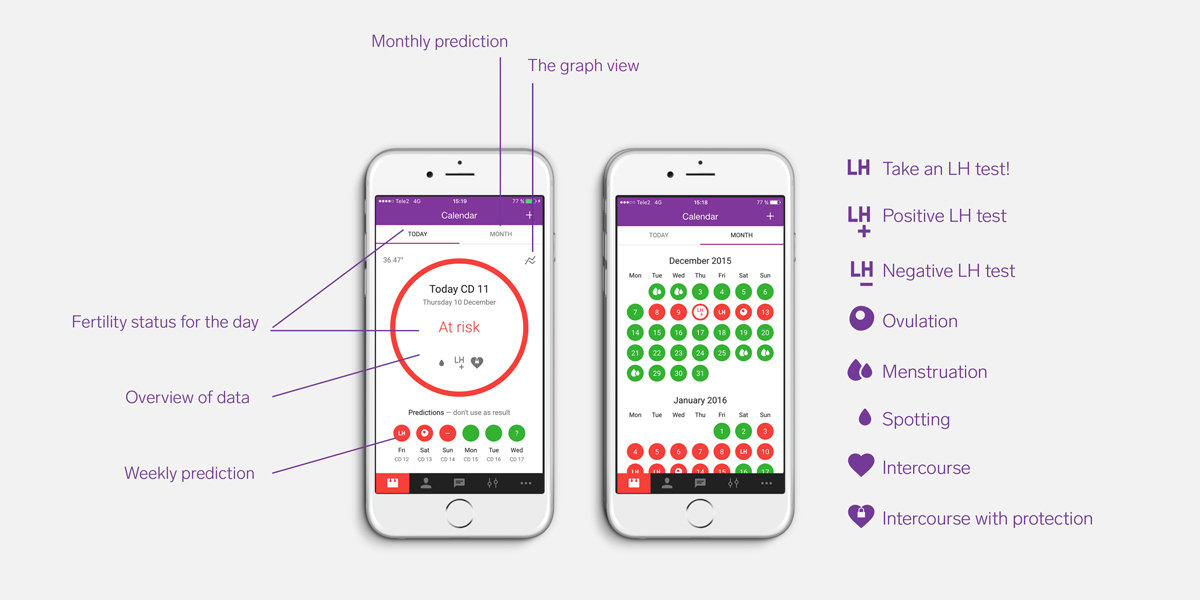By Shen Gao
Staff Writer
Currently, there are many forms of contraceptives in the market. These include condoms, the pill, the birth control implant which goes in the upper arm, and the IUD (Intrauterine Device) which is inserted into the uterus. Effectiveness varies for each of these methods, even when they’re correctly used. However, recently, a researcher from Sweden developed a contraceptive that only requires the use of a mobile app.
Elina Berglund, a particle physicist who helped find the Higgs boson—an elementary particle in the Standard Model of particle physics—developed a fertility app that tells users whether their uterus is fertile or not.
Natural Cycles is Berglund’s app based on an algorithm that involves advanced statistical methods she used at the CERN (European Organization for Nuclear Research), and it tracks the daily body temperature of users. Users would enter their body temperatures daily, recorded at approximately the same time of day, and the app will let them know throughout the month when they can have unprotected sex (green day) and when to use contraception (a red day). This is based on the comparison of user-entered data to values in a bigger database.

This method is based on the theory that there are roughly only nine days out of the month during which one can get pregnant. There is a rhythm method, which works by avoiding unprotected sex on fertile days each month. However, there are setbacks to this method, because not everyone who has a uterus has cycles of the same duration each month. And because of this, the rhythm method only has a success rate of roughly 75 percent.
Berglund’s algorithm differs from since the body temperature of the user is taken into account in order to determine fertile days. After ovulation, the will be a rise in progesterone in the body, which will raise the body temperature up to 0.45 degrees Celsius.
Two trials have been conducted so far; on the second trial, more than 4,000 women, age 20 to 35, used the app. Throughout the course of a year, there were 143 unplanned pregnancies, 10 of which were conceived on green days, which means that this app is reliable 99.5 percent of the time.
As is the same for most contraceptives, this app does not protect against STIs. Therefore, it will work most effectively for those who are having sex with a single trusted partner. It may also act as a helpful tool in helping those who want to get pregnant engage in sexual activities at the correct time.
Although the app is fairly a simple method involving no side effects to the body, one downside is that it is relatively hard to maintain. Users need to be highly organized and motivated to record their body temperatures at the same time every day.
Kristina Gemzell Danielsson, one of the key researchers in the study, told WIRED that the study “is not a clinical trial but shows real-life performance.” She continued to say that “motivation is key. For many women this is not the best method. However, for motivated women it can be an alternative.”
Berglund is working toward having Natural Cycles officially classified as a contraceptive, as it currently is classified as a fertility monitor. She said that “[it is] a natural alternative to the pill – with no side effects.”
Nevertheless, Natural Cycles is an interesting breakthrough in the world of contraceptives, and it will be interesting to find out what other methods will soon emerge.




















